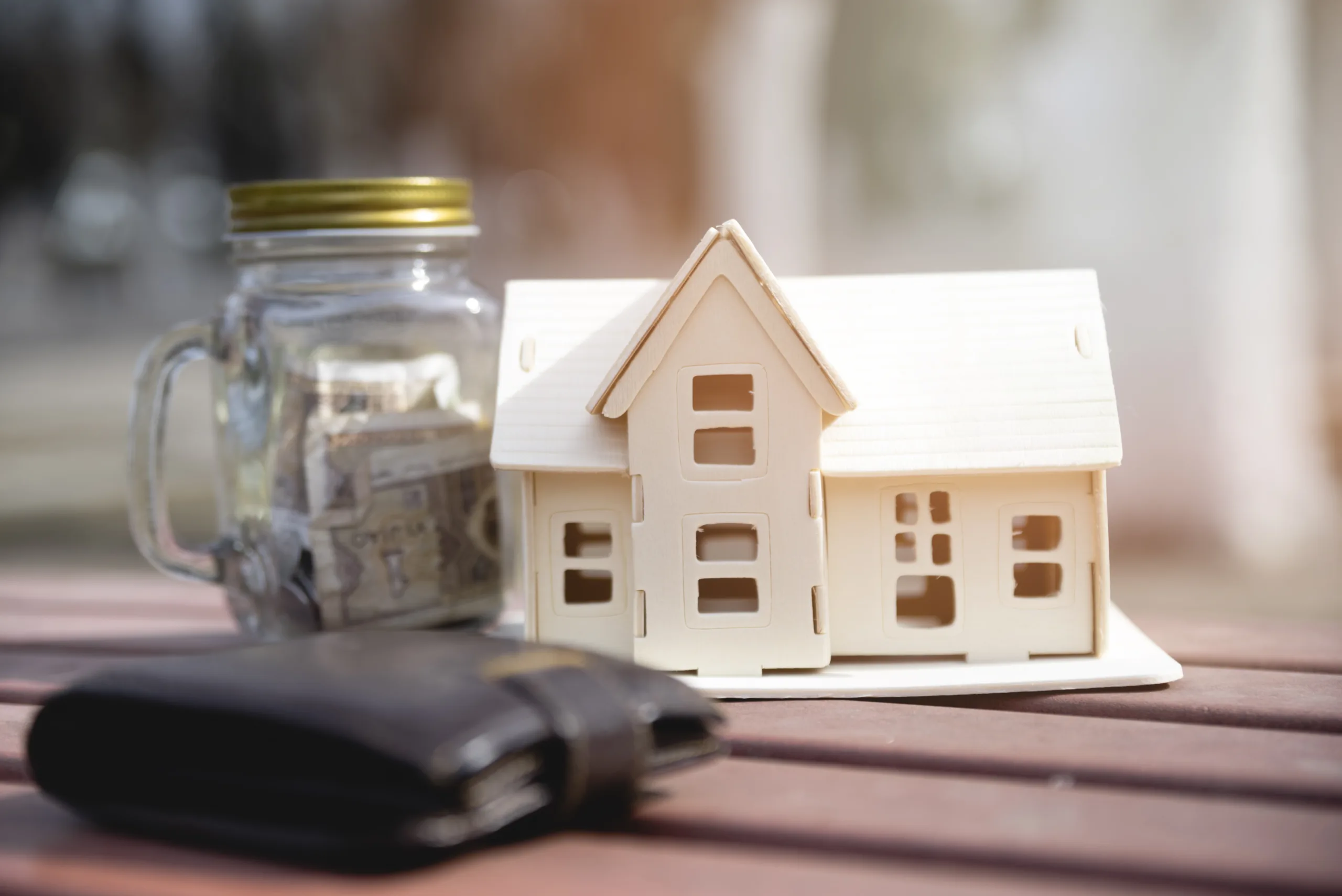
Property financing in Ghana has transformed dramatically in 2025, creating unprecedented opportunities for luxury real estate investors. After witnessing countless clients struggle with limited financing options over the past two decades, we have observed how innovative funding solutions are reshaping access to premium properties in Accra’s most coveted neighbourhoods.
The convergence of reduced interest rates, diaspora-focused programs, and developer financing schemes has fundamentally changed how you can acquire luxury properties in Airport Residential Area, Cantonments, and East Legon.
Traditional Mortgage Options Show Dramatic Improvement
Ghana’s banking landscape has experienced a seismic shift following the Bank of Ghana’s aggressive 300 basis point rate cuts. Traditional mortgage rates have dropped from 35% to 25-27%, making luxury property acquisition significantly more accessible.
Republic Bank leads the market with USD mortgages at 11.5% fixed rates, while GCB Bank maintains Ghana’s lowest base rate at 22.75%. Most banks now require 15-20% down payments with loan-to-value ratios reaching 80-90% for qualified borrowers.
For foreign investors, the landscape remains complex. Ghana restricts freehold land ownership to citizens, limiting international buyers to 50-year renewable leaseholds. The Ghana Investment Promotion Centre requires minimum $500,000 investments for wholly foreign-owned ventures, though joint ventures with Ghanaians reduce this to $200,000.
Developer Financing Revolutionises Payment Structures
Progressive developers have pioneered financing mechanisms that often surpass traditional bank offerings. VAAL Real Estate’s flexible payment plans require only $5,000 reservation fees with 70% financing through construction periods.
Off-plan purchases provide 5-15% price advantages over completed properties. VAAL’s Villanova development, Ghana’s first AI-powered residential complex, offers these competitive structures starting from $750,000.
Major developers like Devtraco Plus have secured exclusive partnerships with Ecobank Ghana, while Regimanuel Gray’s 40-40-20 payment structure has become industry standard.
Diaspora Programs Open International Investment Pathways
Specialized diaspora mortgage products have revolutionized international investment access. The Republic Bank-Seso Global platform targets $50 million in prime property mortgages over two years, offering 11.5% fixed USD rates with up to 90% financing.
Stanbic Bank provides diaspora-specific mortgages with 20-year terms, while First National Bank offers 100% financing for first-time diaspora buyers.
Government initiatives, including the “Beyond the Return” program, have facilitated over 500 new citizenship grants monthly in 2024, supported by five-year tax exemptions for rental income.
Alternative Financing Expands Investment Access
Ghana’s alternative financing ecosystem has matured significantly. Private equity funds like Actis ARE3 have deployed substantial capital across sub-Saharan Africa’s luxury markets, while family offices increasingly view Ghana real estate as a generational wealth preservation vehicle.
Real estate crowdfunding platforms regulated under Bank of Ghana’s 2021 framework enable smaller investors to access luxury developments previously reserved for institutions.
Prime Location Investment Metrics
Airport Residential Area commands $1,400-$4,500 monthly rental rates, while Cantonments achieves $2,400-$5,000 for diplomatic tenants. East Legon properties average ₵8.75 million ($590,000), with premium developments reaching $2.5 million.
These locations deliver gross rental yields of 8-18% annually, significantly exceeding international luxury markets. VAAL’s Legato Heights in Ridge offers studio apartments starting at $99,000.
Managing Currency and Market Risks
Currency volatility remains the primary risk factor, with GHS/USD rates fluctuating 63.99% in 2024. Successful investors implement sophisticated hedging strategies, including forward contracts through Bank of Ghana, natural hedging via USD rental income, and partial hedging covering 50-70% of exposure.
Professional property insurance through providers like Old Mutual Ghana typically costs GHS 150-300 monthly for properties valued at GHS 150,000-500,000.
Technology Drives Future Innovation
Fintech innovations, including AI-powered mortgage platforms and blockchain-based property verification, are transforming transaction efficiency. Mobile money transactions reached GH¢2.368 trillion in 2024.
Ghana’s luxury real estate financing sector projects 5.48% annual growth through 2028. The convergence of traditional banking rate cuts, sophisticated developer financing, and emerging fintech solutions positions property financing in Ghana as Africa’s most dynamic investment opportunity.
Ready to explore Ghana’s luxury real estate opportunities? VAAL’s experienced team provides comprehensive financing guidance and transparent market insights to help you secure your perfect property investment.
Frequently Asked Questions
What are current mortgage rates for luxury properties in Ghana?
Traditional banks offer 25-27% rates, while specialised diaspora programs provide 11.5% fixed USD rates through Republic Bank partnerships.
Can foreigners own property in Ghana?
Foreigners cannot own freehold land but can secure 50-year renewable leaseholds. Joint ventures with Ghanaians reduce investment requirements.
What down payment is required for luxury property financing?
Traditional mortgages require 15-20% down payments, while developer financing often needs only 20-40% for off-plan purchases.
Which Accra locations offer the best investment returns?
Airport Residential Area, Cantonments, and East Legon deliver 8-18% annual rental yields with premium properties commanding high rates.
How do I protect against currency fluctuation risks?
Implement forward contracts, secure USD rental income, and use partial hedging covering 50-70% of your property investment exposure.